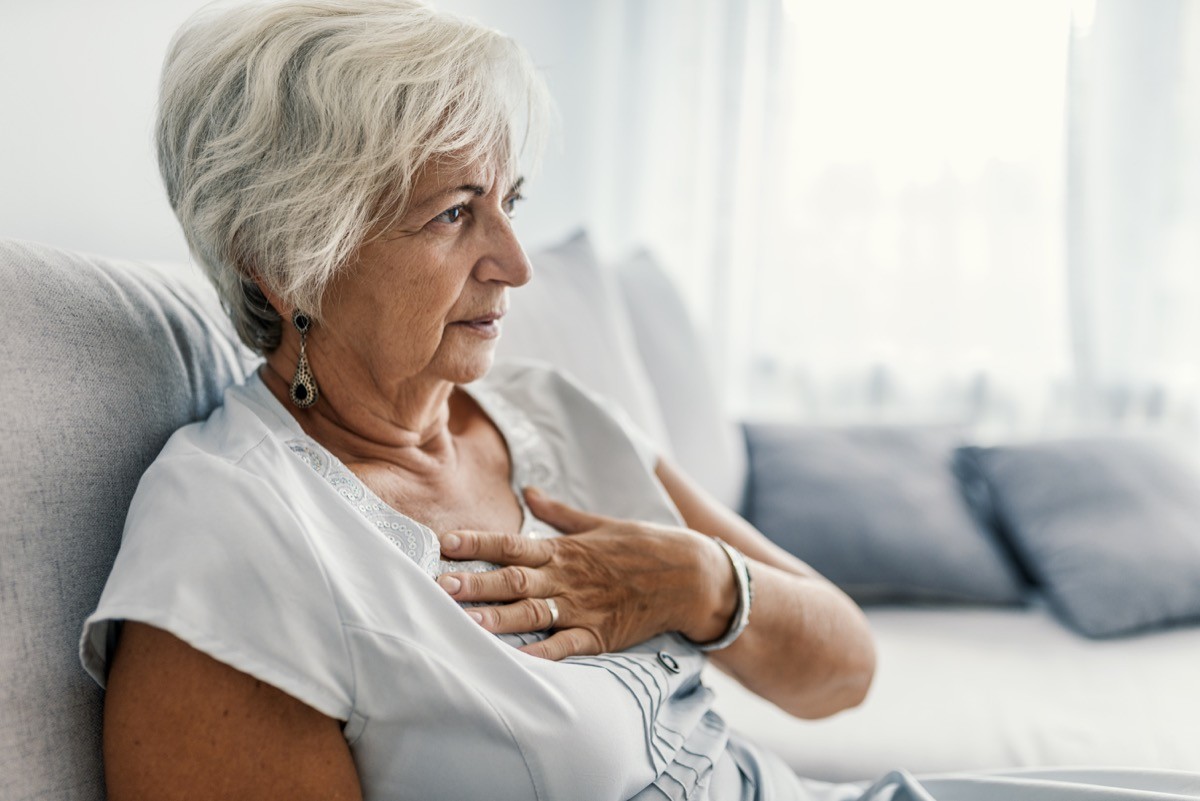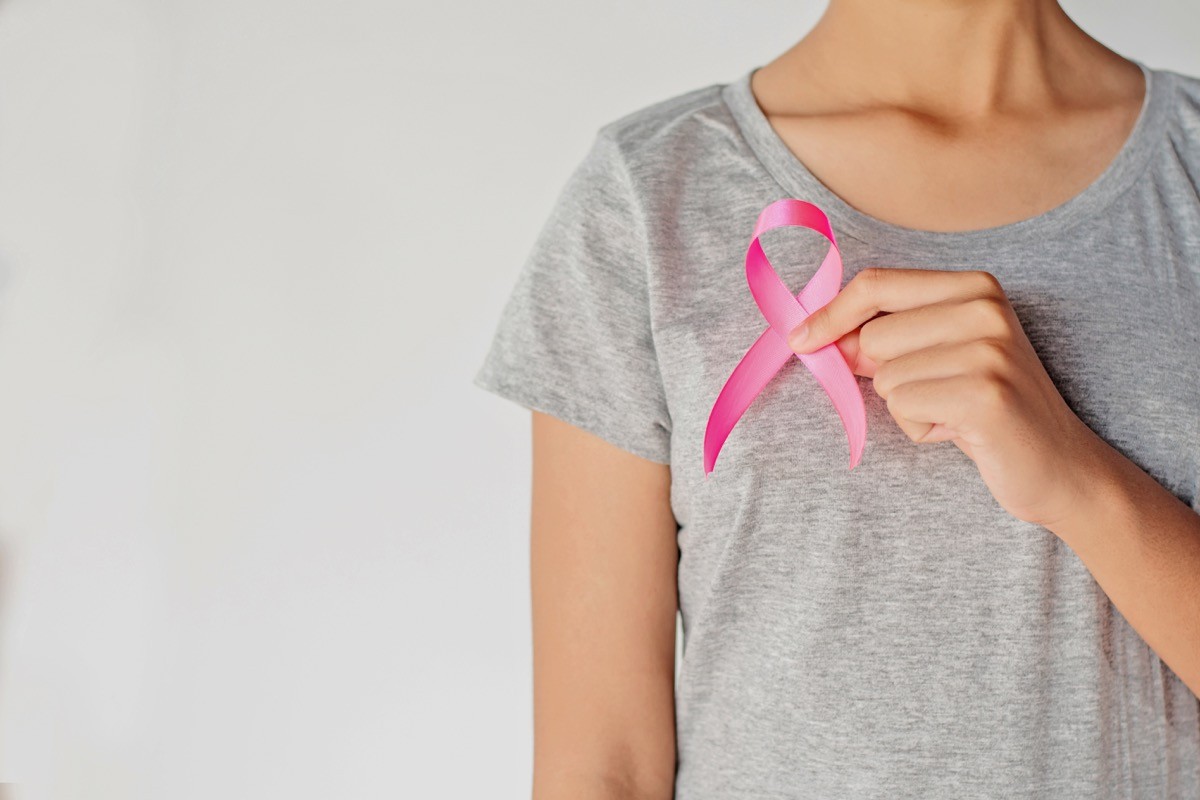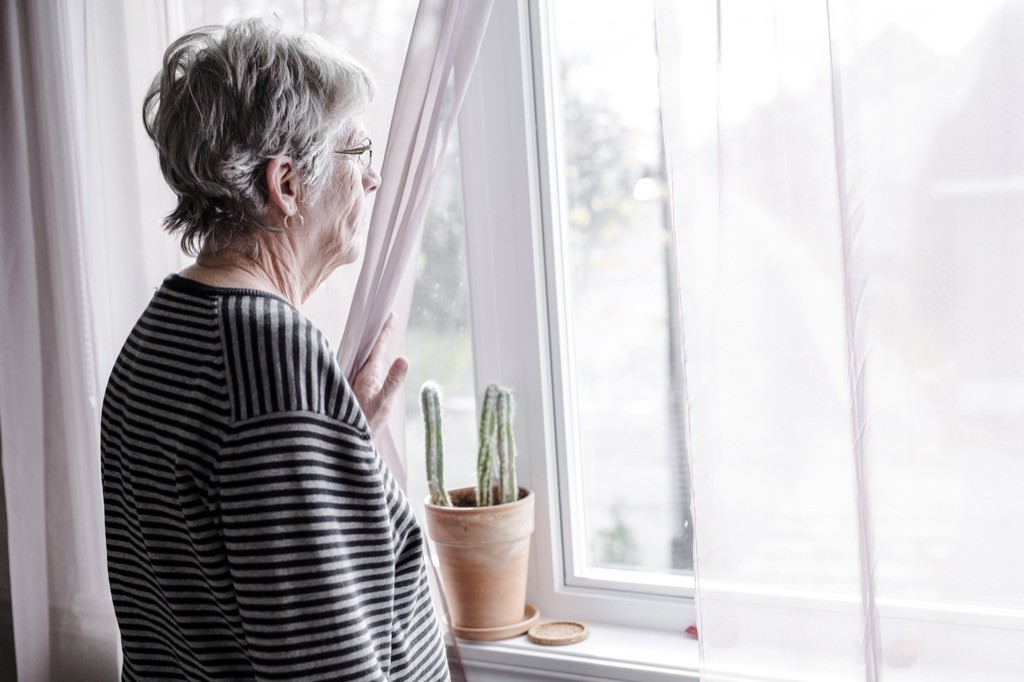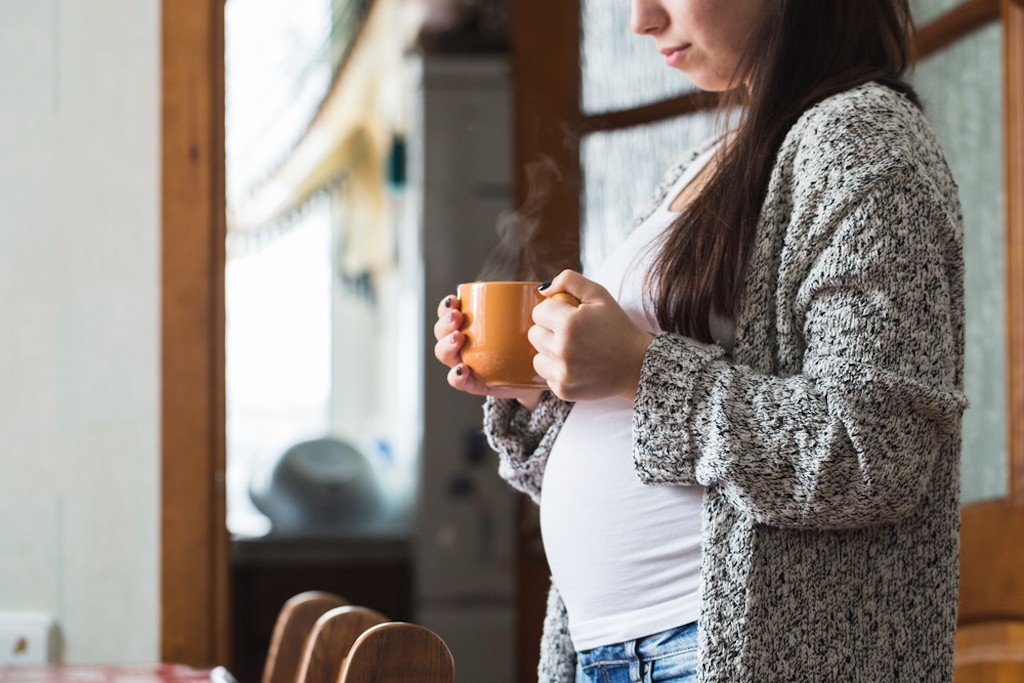Doctors Reveal Health Risks Women Shouldn’t Ignore

Women face a specific set of challenges when it comes to health issues, especially with aging. “Women have many unique health concerns — menstrual cycles, pregnancy, birth control, menopause — and that’s just the beginning,” says Harvard Health. “A number of health issues affect only women and others are more common in women. What’s more, men and women may have the same condition, but different symptoms. Many diseases affect women differently and may even require distinct treatment.” So what should women be especially aware of? Here’s what doctors with women knew about their health.
RELATED: 100 Easy Ways to Be a (Much) Healthier Woman.
Women and Heart Disease

According to the World Heart Federation, cardiovascular disease is responsible for 35% of deaths in women each year – more than all cancers combined. “Heart disease is the number-one killer of men and women,” says Hem Bhardwaj, MD, who specializes in imaging and critical care cardiology at the VCU Health Pauley Heart Center. However, women often present with symptoms different than men, and usually later with more complications. Sometimes women experience symptoms such as weakness, fatigue, shortness of breath and jaw pain, not the classic chest pain with radiation to the left arm that you often see with men. Hormonal changes in women after menopause can be a factor. Another example: both men and women are commonly diagnosed with coronary artery disease, but women tend to experience it after menopause because of hormonal changes.”
Women and Cancer

Women should have regular health screenings for cancer, depending on age. “An estimated 2 million people in the United States were diagnosed with cancer in 2023,” says Amber Stephens, MD, via WellMed. “It is the second leading cause of death for senior women. The most common cancers for women over 65 are breast, lung and colorectal. Breast cancer is the most common in women of all ages. Catching cancer early can save your life, so see your doctor as soon as possible if you notice anything unusual. Get regular cancer screenings such as mammograms and colorectal cancer screenings, especially after age 65. Talk to your doctor about what tests are right for you. The best way to prevent cancer is to stop smoking. New research shows that alcohol intake is also linked to cancer. Alcohol is linked to 6% of cancers nationally, including breast and colon cancers. This is true for all types of alcohol.”
Women and Alzheimer’s Disease

Women are more likely than men to get dementia, specifically Alzheimer’s disease. “Alzheimer’s disease is a progressive brain disorder that affects memory, thinking and behavior. While there can be several causes for dementia, the most common are related to vascular dementia (similar causes to heart disease and stroke) and Alzheimer’s,” says Dr. Stephens. “Alzheimer’s is becoming known as ‘Type 3 Diabetes Mellitus’ as research increases. This encourages healthy living and timely medical care to prevent the disease. In the United States, nearly 4 million of the more than 6 million people with Alzheimer’s disease are women. Women in their 60s are twice as likely to develop Alzheimer’s as they are to develop breast cancer. In fact, one in five women aged 65 and older will develop the disease.”
RELATED: 8 Ways Women Can Slash Heart Disease Risk.
Women and Osteoporosis

Women are more likely than men to get osteoporosis. “Did you know that 50 percent of women in the U.S. age 50 or older will break a bone due to osteoporosis?” according to Kendall Ford Moseley, MD, via Johns Hopkins Health. “Overall, about 54 million Americans have osteoporosis—a gradual thinning out of the bones—or low bone density, which may lead to fracture. Women typically start out with lower bone density than men, and loss of estrogen over time can increase the risk for osteoporosis.”
Maternal Health Issues

Many women experience iron-deficiency anemia and high blood pressure during pregnancy. “Preconception care is important, whether or not you have medical conditions,” says Jessica W. Kiley, MD, an obstetrician and gynecologist at Northwestern Memorial Hospital. “For example, people with diabetes or high blood pressure should have these conditions under the best control possible when they plan to conceive. Some people are reluctant to take medication during pregnancy. Many conditions require treatment with medication and could harm you if left untreated. It’s an important conversation you should have with your care provider.”